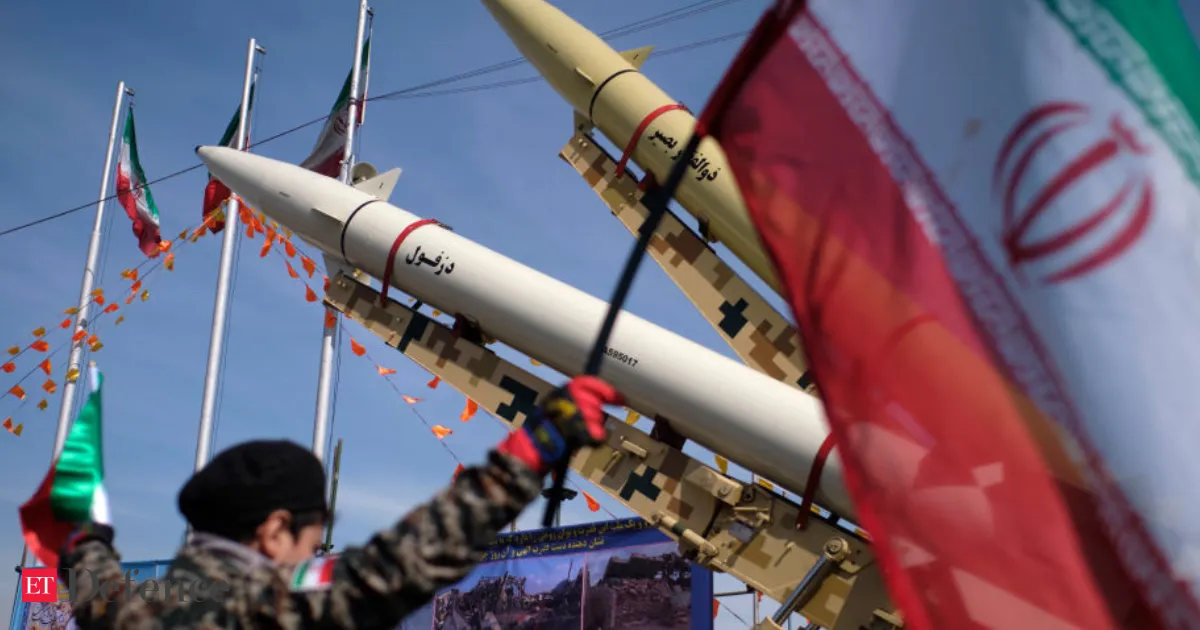Iran Nuclear Test Earthquake: Tensions Rise Amidst Military Conflict

Speculations Arise Following Earthquake
On the evening of October 5, 2024, a 4.6 magnitude earthquake struck Iran, with its epicenter in Aradan, Semnan province, at a shallow depth of 10 kilometers, according to the US Geological Survey. The quake was felt as far as Tehran, approximately 110 kilometers from the epicenter, at around 10:45 PM local time. Within minutes, a second, weaker tremor was reported in Israel, sparking intense speculation and debate online. Many social media users immediately linked the seismic events to a possible covert nuclear test conducted by Iran, given the ongoing tensions between the two countries. One user on X speculated, “Iran has gone nuclear since last night. They used the test bombs 10 km below the surface near Semnan to ensure minimum radiation exposure and it resulted in a 4.6 scale earthquake which was recorded by seismographs.”
Doubts Over Nuclear Test
Speculations were further fueled by the proximity of the earthquake to Iran's nuclear facilities, raising concerns about the possibility of an underground nuclear test. Another post claimed, “That Iranian earthquake really scared Israel. They’re blubbering on whether they’ll attack Iran. Looks like the secret is having nukes. No country will mess with a nuclear power.”
Geopolitical Implications of the Earthquake
As discussions continued, one user highlighted the geopolitical implications of the earthquake, stating, “An 4.5 earthquake hit #Iran yesterday. Rumours are that it was a nuclear test. In Feb 2013 a earthquake in N Korea turned out to be a nuclear test.” Nuclear Testing Concerns and Expert Analysis Although underground nuclear tests can indeed trigger seismic activity, experts have been cautious in their assessments of the October 5 earthquake. Iran’s nuclear facilities, such as those at Natanz, are known to be deeply fortified underground, and the relatively shallow depth of the earthquake raised doubts about the possibility of a nuclear test.
Heightened Military Conflict
Escalating military conflict also backs this situation. The earthquake occurred against the backdrop of a violent conflict between Israel and Iran-backed Hezbollah and Hamas. Tensions escalated after the October 7, 2023 Hamas attack on southern Israel, prompting Israel to launch widespread airstrikes on Gaza and parts of Lebanon. Israel's military actions have not been limited to Gaza. On the anniversary of the Hamas attack, Israel launched a series of airstrikes on Beirut's southern suburbs.
Iran's Nuclear Ambitions Under Scrutiny
As tensions rise, the current geopolitical dynamics have fueled fears regarding Iran's nuclear ambitions. Social media speculations surrounding the earthquake's connection to a nuclear test have reignited concerns. Former Israeli Prime Minister Ehud Barak warned earlier that a military strike on Iran's nuclear facilities might have limited impact. This view echoes long-standing fears over the challenges Israel faces in curbing Iran's nuclear progress.
Potential for Wider Conflict
As the conflict intensifies, the possibility of a wider regional unrest looms large. Some commentators suggest that current dynamics could spiral into a global confrontation.
This article was prepared using information from open sources in accordance with the principles of Ethical Policy. The editorial team is not responsible for absolute accuracy, as it relies on data from the sources referenced.